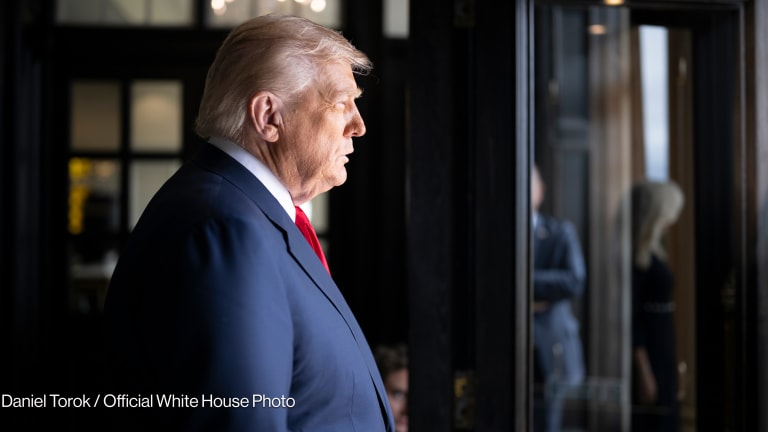There was a sense of déjà vu among Australians watching the news of U.S. President Donald Trump’s plan to slash funding for the U.S. Agency for International Development and United Nations.
Just as Trump promised voters that foreign spending would take a back seat, so too had Tony Abbott, who won the 2013 election for prime minister with a vow to chop Australia’s foreign aid budget. Over the next two years, 11 billion Australian dollars ($8.3 billion) was cut from Australian support for programs in developing countries.
In Australia, the development sector has been strong in their opposition to the cuts. In the U.S., the development sector is beginning to fight back. But will it be enough?
Printing articles to share with others is a breach of our terms and conditions and copyright policy. Please use the sharing options on the left side of the article. Devex Pro members may share up to 10 articles per month using the Pro share tool ( ).








